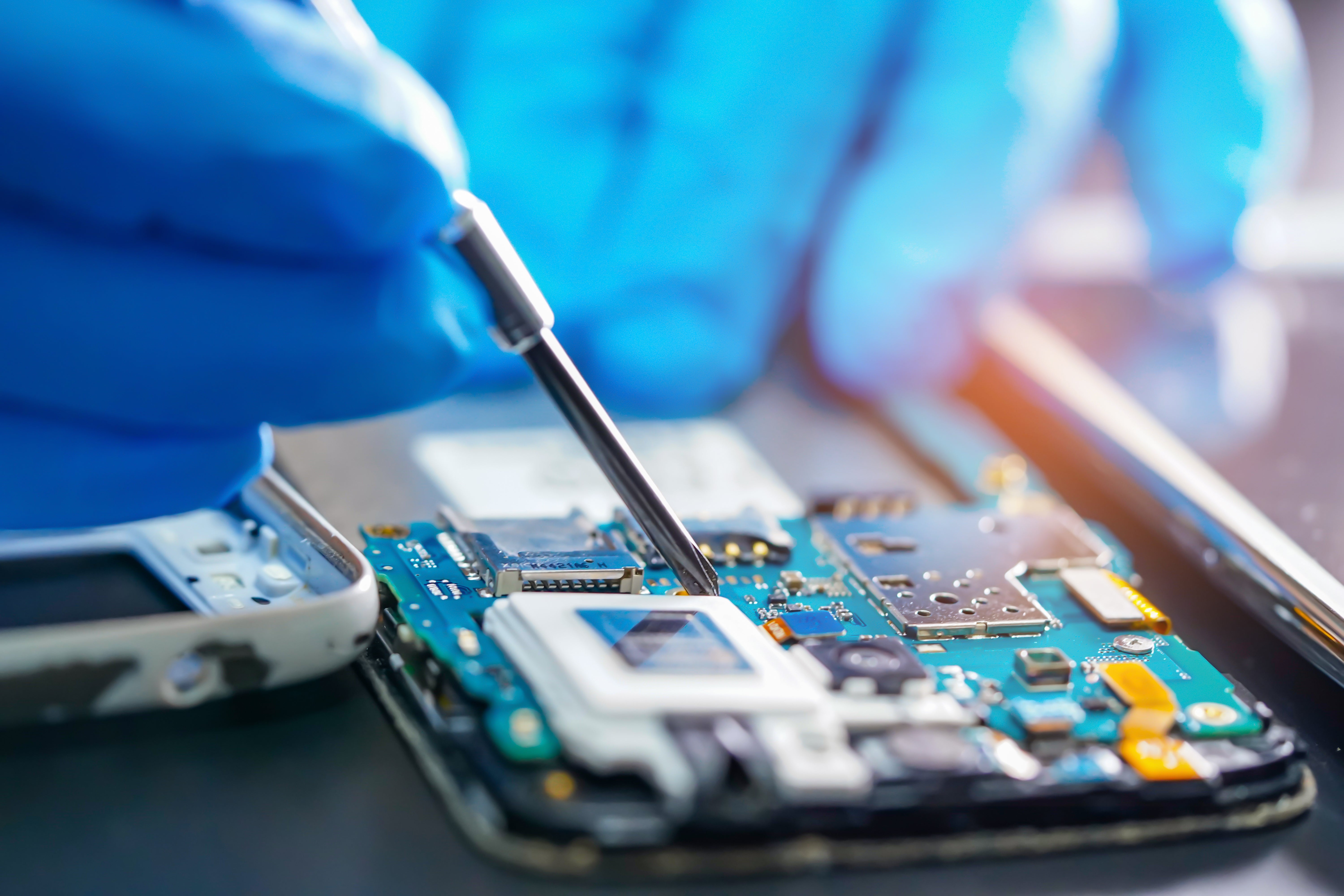Apple, Intel, and Nvidia chip suppliers shut down in Shenzhen after coronavirus outbreak
Foxconn, the world’s biggest contract electronics manufacturer, said it hoped other factories could make up for demand

Your support helps us to tell the story
From reproductive rights to climate change to Big Tech, The Independent is on the ground when the story is developing. Whether it's investigating the financials of Elon Musk's pro-Trump PAC or producing our latest documentary, 'The A Word', which shines a light on the American women fighting for reproductive rights, we know how important it is to parse out the facts from the messaging.
At such a critical moment in US history, we need reporters on the ground. Your donation allows us to keep sending journalists to speak to both sides of the story.
The Independent is trusted by Americans across the entire political spectrum. And unlike many other quality news outlets, we choose not to lock Americans out of our reporting and analysis with paywalls. We believe quality journalism should be available to everyone, paid for by those who can afford it.
Your support makes all the difference.Apple supplier Foxconn has had to stop chip production after Shenzhen and Shanghai were locked down because of a jump in COVID-19 cases.
Nikkei reports that industrial parks and residential areas in Shenzhen had to adopt lockdown measures. Only businesses essential for daily live are allowed to continue operating.
Foxconn, the world’s biggest contract electronics manufacturer, said that it would suspend production in its Longhua and Guanlan factories in Shenzhen, but hopes to use factories in other areas to make up for it.
Unimicron, which is Taiwan’s biggest circuit board maker and supplies Apple, Intel and Nvidia, also said it was suspending its operations.
The global chip shortage has also been exacerbated by the invasion of Ukraine by Russia. “It will continue to constrain the chip source going into the automotive industry”, Techcet President Lita Shon-Roy said.
“It’s just one more thing that is going to force prices up,” Mr Shon-Roy added, predicting that the increase would be felt between six months and one year from now.
This comes amid the greater issues caused generally by the coronavirus pandemic over the past two years. Intel said it was in “worst” of its chip crisis in October, and it will not be fixed until 2023.
“We’re in the worst of it now, every quarter next year we’ll get incrementally better, but they’re not going to have supply-demand balance until 2023,” its chief executive Pat Gelsinger said.
He said that the problem was not always creating chips in general but that specific parts may not be available. That has compressed the sales of Intel’s own computers since it was difficult to get all of the different components required.
In the US, the chip shortage could shut down factories. In January, it was reported that companies that use semiconductors are down to less than five days of inventory.
“The semiconductor supply chain remains fragile, and it is essential that Congress pass chips funding as soon as possible,” Commerce Secretary Gina Raimondo said in a statement.
“With sky-rocketing demand and full utilisation of existing manufacturing facilities, it’s clear the only solution to solve this crisis in the long-term is to rebuild our domestic manufacturing capabilities.’’
Join our commenting forum
Join thought-provoking conversations, follow other Independent readers and see their replies
Comments